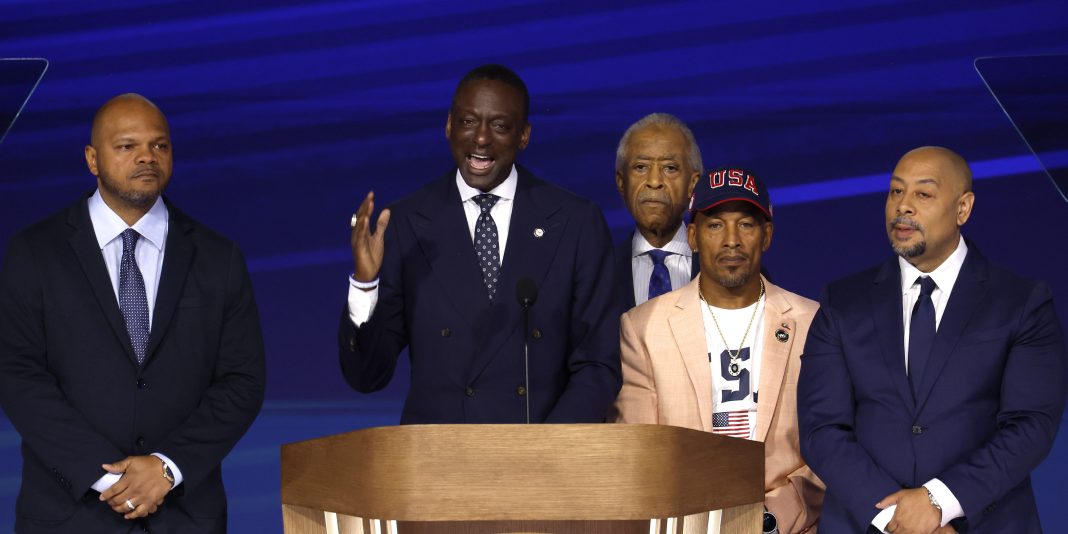In the evolving landscape of the American legal system, few cases encapsulate the complexities and nuances of criminal law quite like that of Karen Read. As her defense team recently submitted a comprehensive 77-page filing to the Massachusetts Supreme Judicial Court, the stakes have never been higher. The document seeks to overturn two of the three charges against her—specifically, second-degree murder and leaving the scene of an accident causing death—arguing that a significant number of jurors from her initial trial believed she should be acquitted of these offenses.
Read’s case centers on a tragic incident that occurred in January 2022, where she is accused of fatally striking her boyfriend, Boston police officer John O’Keefe, with her vehicle and subsequently abandoning him in a snowbank. However, her defense maintains that she is the victim of a wrongful accusation, asserting that O’Keefe’s death was the result of a confrontation that took place inside a fellow officer’s home, not a hit-and-run.
The initial trial, which spanned over two months, ended in a mistrial declared by Judge Beverly Cannone, due to the jury’s inability to reach a unanimous verdict. Intriguingly, the jurors later communicated to the defense that they were confused about the events leading to the mistrial, indicating that a polling of the jury could have revealed a partial agreement on the charges. This contention raises important questions about jury dynamics and the responsibility of judges to ascertain the true sentiments of jurors before declaring a mistrial.
The defense’s argument is bolstered by claims from five jurors who communicated their views post-trial. While the total number of jurors who have come forward remains limited, the defense highlights the absence of any juror disputing their accounts, which adds a layer of credibility to their claims. They assert that the Constitution’s double jeopardy clause is applicable here, as the jury’s collective sentiments should preclude Read from being retried on the same charges. This principle has been a cornerstone of the American legal system, designed to protect individuals from the psychological and financial burdens of perpetual prosecution.
Adding to the intrigue, the prosecution is firmly contesting the defense’s stance, arguing that double jeopardy does not apply since the jury never delivered an official verdict in open court. This legal contention highlights a critical aspect of trial law: the distinction between a mistrial and an acquittal, which can have significant implications for the rights of the accused.
As the legal drama unfolds, a new prosecutor has been appointed to lead the trial team, signaling a potential shift in strategy for the prosecution as they prepare for a second trial slated for January 2024. This change could introduce new dynamics and perhaps even fresh evidence to the table, making the upcoming proceedings all the more crucial.
The case of Karen Read not only illustrates the intricacies of the legal process but also serves as a reminder of the profound impact that public perception and media coverage can have on judicial outcomes. As the public watches closely, the impending decisions made by the Supreme Judicial Court will not only shape Read’s future but also resonate within the broader context of the American justice system.
Ultimately, this case raises significant questions: How do we ensure that justice is served when the lines between guilt and innocence become blurred? What safeguards are in place to protect individuals from wrongful accusations, especially in high-stakes situations? As the legal battle continues, these questions remain at the forefront, compelling us to scrutinize not only the proceedings in this particular case but also the integrity of the justice system as a whole.

